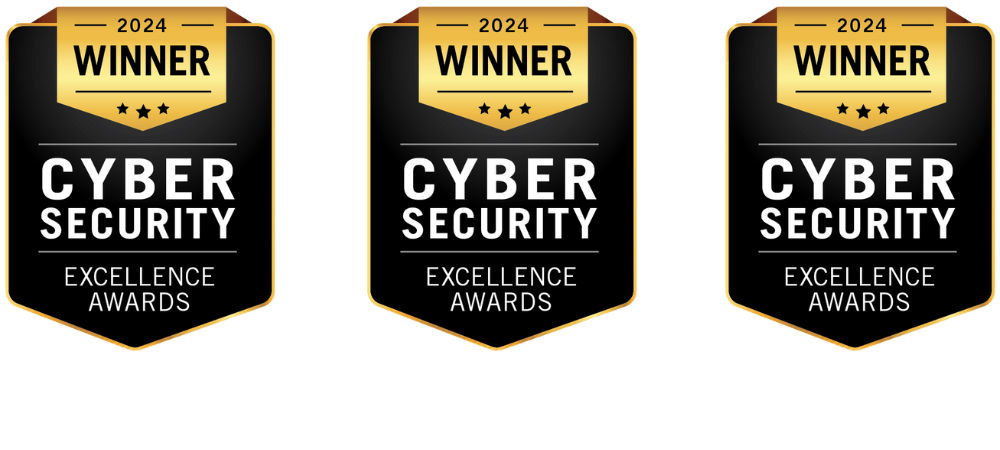Choosing the right Penetration Testing Vendors is crucial for identifying vulnerabilities and reinforcing your cybersecurity. But before you commit, it’s crucial to have a set of questions ready to assess the capabilities and reliability of your potential safeguard.
While you are evaluating a penetration testing vendor here are the most basic things you should enquire upon:
- Specialization: Inquire about the types of penetration testing they specialize in to ensure alignment with your needs.
- Certifications: Verify the certifications held by the company to gauge their expertise and credibility.
- Testing Approach: Ask about the balance between manual and automated testing to assess the thoroughness of their methodology.
- Tools Used: Inquire about the specific tools they employ during testing to understand their technical capabilities.
- Costs: Understand the pricing structure for their penetration testing services, ensuring transparency in costs.
Ask These 6 Questions Before You Sign the Contract
If you want to dive deeper into the details, here are some detailed questions you can ask –
1. Company and Team Expertise:
Experience and Credentials:
- How many years of experience does your company have specifically in penetration testing?
- Can you provide details about the background and experience of the penetration testing team members assigned to our project?
Certifications and Training:
- Which certifications do your penetration testers hold, and how do you ensure they stay updated with the latest industry trends and attack techniques?
- Can you provide evidence of ongoing training and professional development for your team?
Industry Experience:
- Have you worked with organizations in our industry or with similar technology stacks?
- Can you share examples of successful penetration tests in our industry?
2. Testing Approach and Methodology:
Scope Definition:
- How do you define the scope of a penetration test, and what factors are considered?
- Can the testing be customized to focus on specific areas of concern for our organization?
Methodologies and Frameworks:
- Which penetration testing frameworks and methodologies do you follow (e.g., OWASP, PTES)?
- How do you ensure that your testing aligns with industry best practices?
Rules of Engagement:
- What are the rules of engagement for the penetration test, and how are they established?
- Are there any restrictions or limitations on testing certain systems or services?
3. Testing Process and Reporting:
Client Involvement:
- How much involvement do you expect from our team during the testing process?
- Can we provide input on the testing approach, focus areas, and specific concerns?
Realistic Simulation:
- How do you ensure that the penetration testing is a realistic simulation of a potential attack?
- Do you simulate different attack scenarios based on current threat landscapes?
Testing Frequency:
- How often do you recommend conducting penetration tests, and what factors influence the testing frequency?
- Are there specific scenarios or triggers that would necessitate more frequent testing?
Reporting Details:
- What specific details will be included in the final penetration testing report?
- How do you prioritize and categorize vulnerabilities in your reports?
Remediation Assistance:
- Do you provide assistance with remediation efforts after vulnerabilities are identified?
- How do you help prioritize and address critical issues?
Post-Test Support:
- Is there any post-test support or clarification session to discuss findings and recommendations?
- What level of support can we expect if questions arise after the testing is complete?
4. Compliance and Regulation:
Regulatory Compliance:
- Can you help ensure that our systems comply with relevant industry regulations (e.g., PCI DSS, HIPAA)?
- What experience do you have with regulatory compliance testing?
5. Security and Confidentiality:
Incident Response Plan:
- In the event of a critical security incident during testing, what is your incident response plan?
- How do you ensure that testing activities do not disrupt normal business operations?
Data Protection:
- How do you handle sensitive information discovered during testing?
- Can you provide assurances regarding the confidentiality of our data?
6. Logistics and Cost:
Testing Logistics:
- What are the logistics involved in the testing process, including scheduling and communication?
- How do you ensure that testing activities are transparent and well-coordinated with our team?
Cost and Pricing Structure:
- Can you provide a detailed breakdown of your pricing structure, including any additional fees?
- Are there costs associated with retesting or follow-up consultations?
Contractual Agreements:
- What contractual agreements will be in place, and what are the terms and conditions?
- Are there any legal or regulatory considerations that we should be aware of?
| Questions | Why does it matter? |
| Company and Team Expertise | Ensures the company has the experience and expertise to conduct a thorough penetration test. |
| Testing Approach and Methodology | Provides transparency into the testing process and ensures it aligns with industry best practices. |
| Testing Process and Reporting | Defines the level of client involvement, reporting details, and remediation assistance. |
| Compliance and Regulation | Helps ensure compliance with relevant industry regulations and protects sensitive data. |
| Logistics and Cost | Clarifies the testing logistics, pricing structure, and contractual agreements. |
| Contractual Agreements | Outlines the legal terms and conditions of the engagement. |
Choose the Right Partner: Secure Your Business with Strobes
Finding the perfect pentesting partner can feel like going through a minefield. You need someone experienced, trustworthy, and aligned with your specific needs.
At Strobes, we understand this challenge. We’re dedicated to providing businesses like yours with the tools and expertise to stay ahead of cyber threats. We offer penetration testing services, from web applications to network security, tailored to your specific needs. Our certified team of experts uses a hybrid model of testing by manual and automated testing, ensuring a thorough and realistic assessment of your vulnerabilities.
Don’t wait for a breach to happen. Take proactive action toward securing your business.
Conclusion
With cyber threats on the rise, pentesting should not be a choice but a commitment. Your penetration testing vendor isn’t just a service provider but an ally in your fight against cyber threats to your organization. So, before choosing a pentesting vendor, ask these questions to gain valuable insights into their expertise and suitability for your specific needs.
Choosing Strobes a partner with a proven track record, qualified team, and industry knowledge increases your chances of a successful and impactful penetration test. The right inquiries of today can save you from the cyber-attacks of tomorrow.
Take the first step towards securing your organization, contact with Strobes for expert penetration testing and proactive cyber defense.
Related Reads:
How much does a penetration test cost?
Decoding the Pentesting Process: A Step-by-Step Guide
Web Application Penetration Testing: Steps & Test Cases
Why Penetration Testing Is Important: Enhancing Security & Reducing Cyber Risks
Unleash the power of a CREST accredited penetration testing provider: A Comprehensive Guide
Solution: Pentesting as a Service









